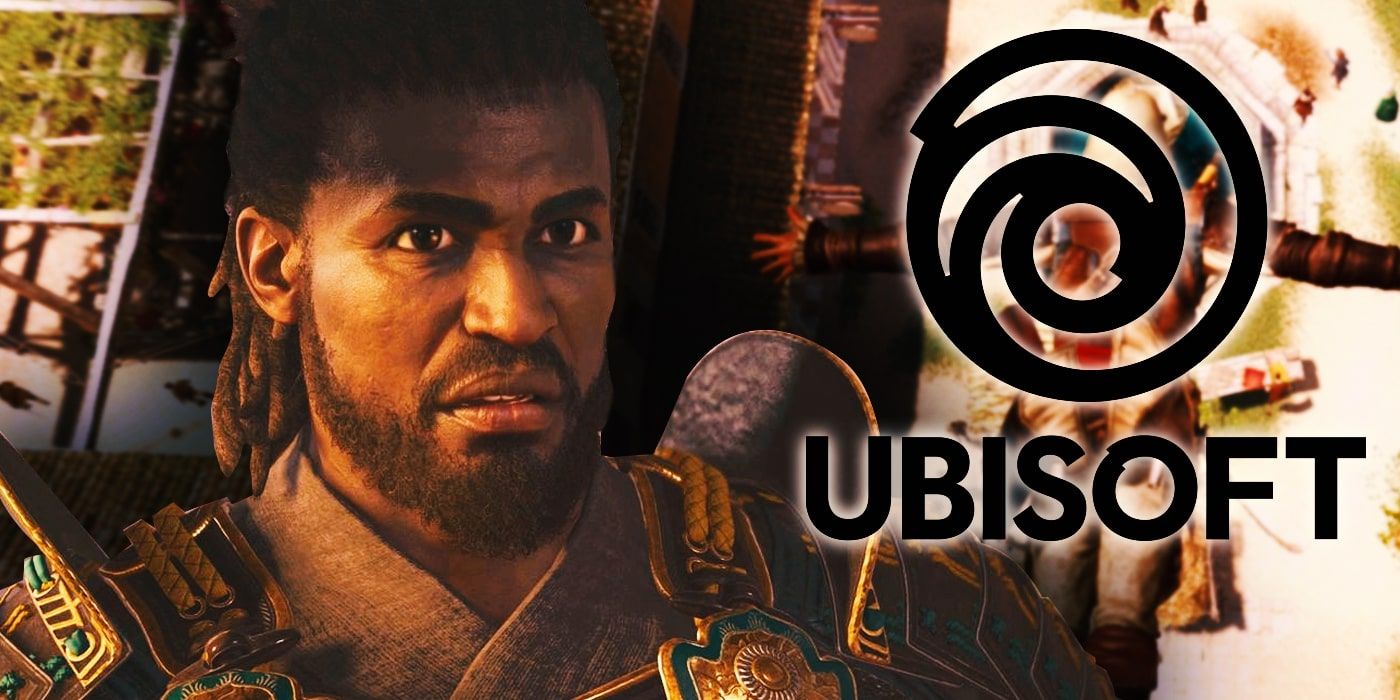
Although Assassin’s Creed Shadows appears to have had a successful launch, it’s unclear if it’s enough to save Ubisoft from its financial woes. However, an announcement from last week regarding the company’s future could mean that we haven’t seen the last of Assassin’s Creed or other major Ubisoft IPs. That said, it does seem the landscape at the company is being changed somewhat significantly. While it’s clear that Ubisoft intends to continue working on its most popular franchises, the creation of a new subsidiary for them could come with some growing pains.
Ubisoft Is Creating A Subsidiary With Tencent Investment
Tencent Invested Ovar A Billion Dollars Toward Ubisoft’s New Subsidiary
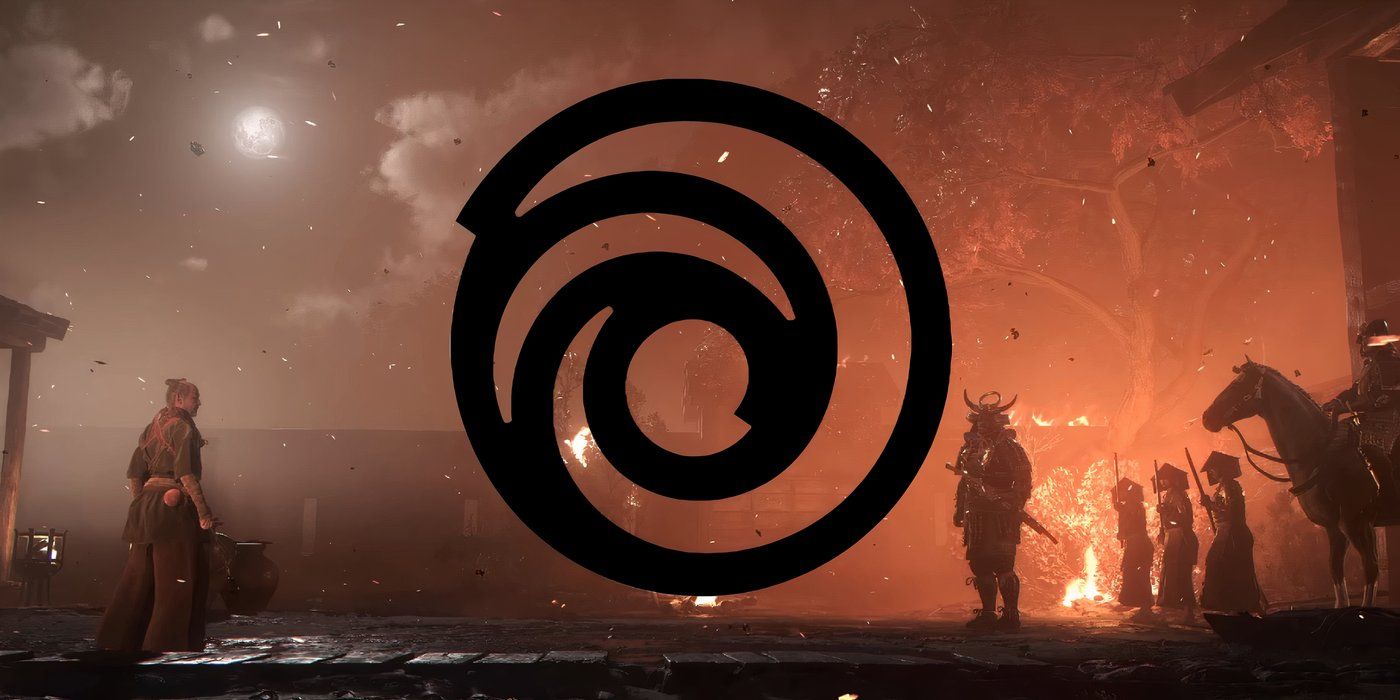
According to a press release from Ubisoft on March 27, 2025, the company will be forming a new subsidiary to handle certain properties. This subsidiary is being partially financed by an investment of €1.16 billion (roughly $1.25 billion) from the holding company Tencent. While Tencent will control a minority stake in the new subsidiary, it will still be granted certain veto privileges regarding assets developed by the subsidiary. The agreement guarantees Ubisoft will hold majority voting rights to the subsidiary for a two-year period, though this isn’t necessarily a long time in terms of video game development.
Tencent is well-known for investing in a variety of video game companies, including an investment in Epic Games, and the full purchase of League of Legends developer Riot Games back in 2011. The company has been the subject of scrutiny and controversy in the gaming world for some time now, including allegations that the company copies competitors’ ideas for games and some players accusing its games of having predatory pay-to-win style mechanics.
As of now, it seems like Ubisoft will still have a major say in the direction of the games created under this new subsidiary. That said, a large investment from Tencent, and their agreed-upon veto privileges, makes it clear that the holding company will have at least some say in the future of Ubisoft’s games. This is notable given the specific titles that this new Ubisoft subsidiary will be handling.
How Ubisoft’s New Subsidiary Is Handling Major IPs
Assassin’s Creed, Far Cry, And Rainbow Six Are All Being Handled By The New Subsidiary
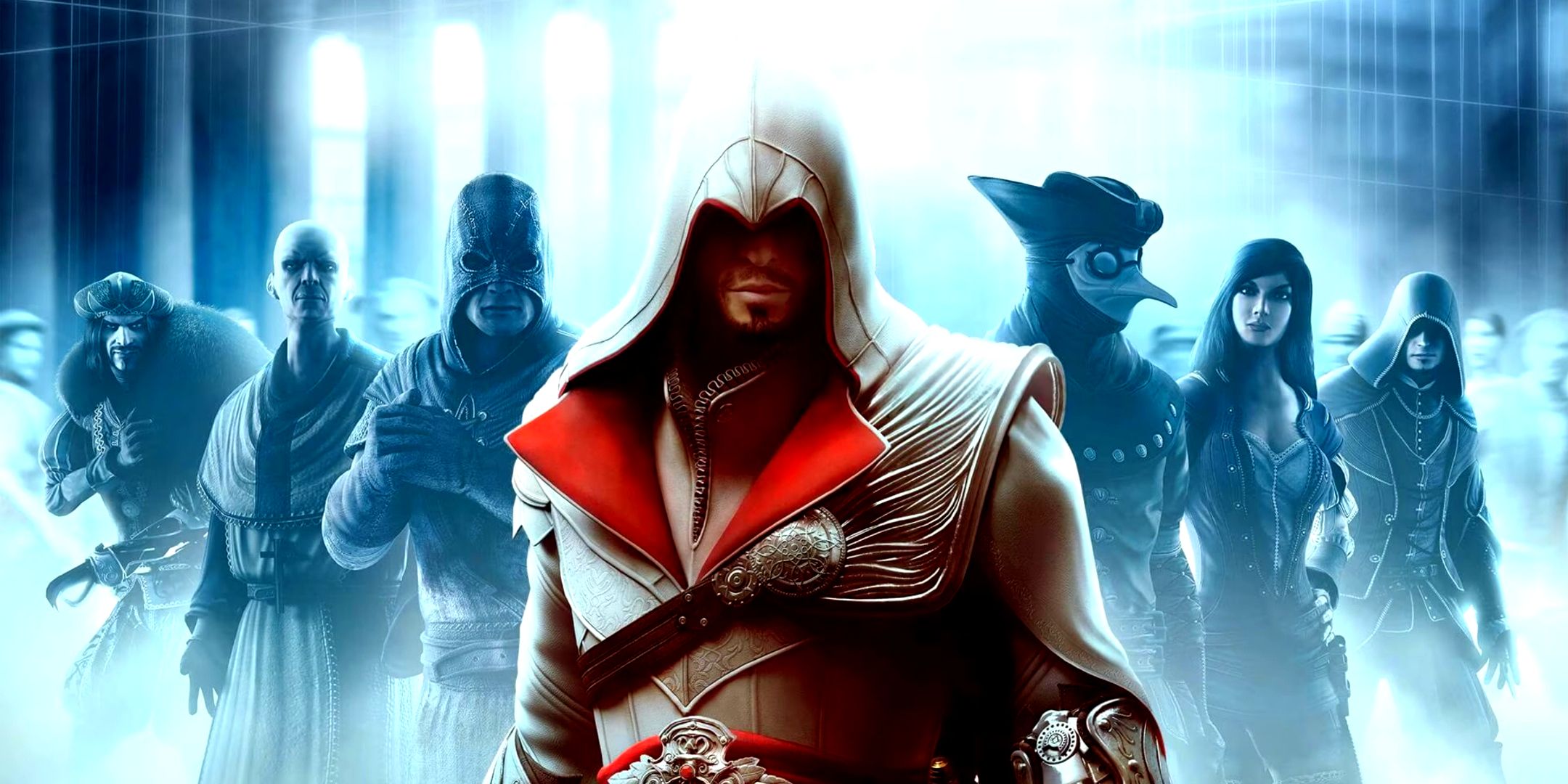
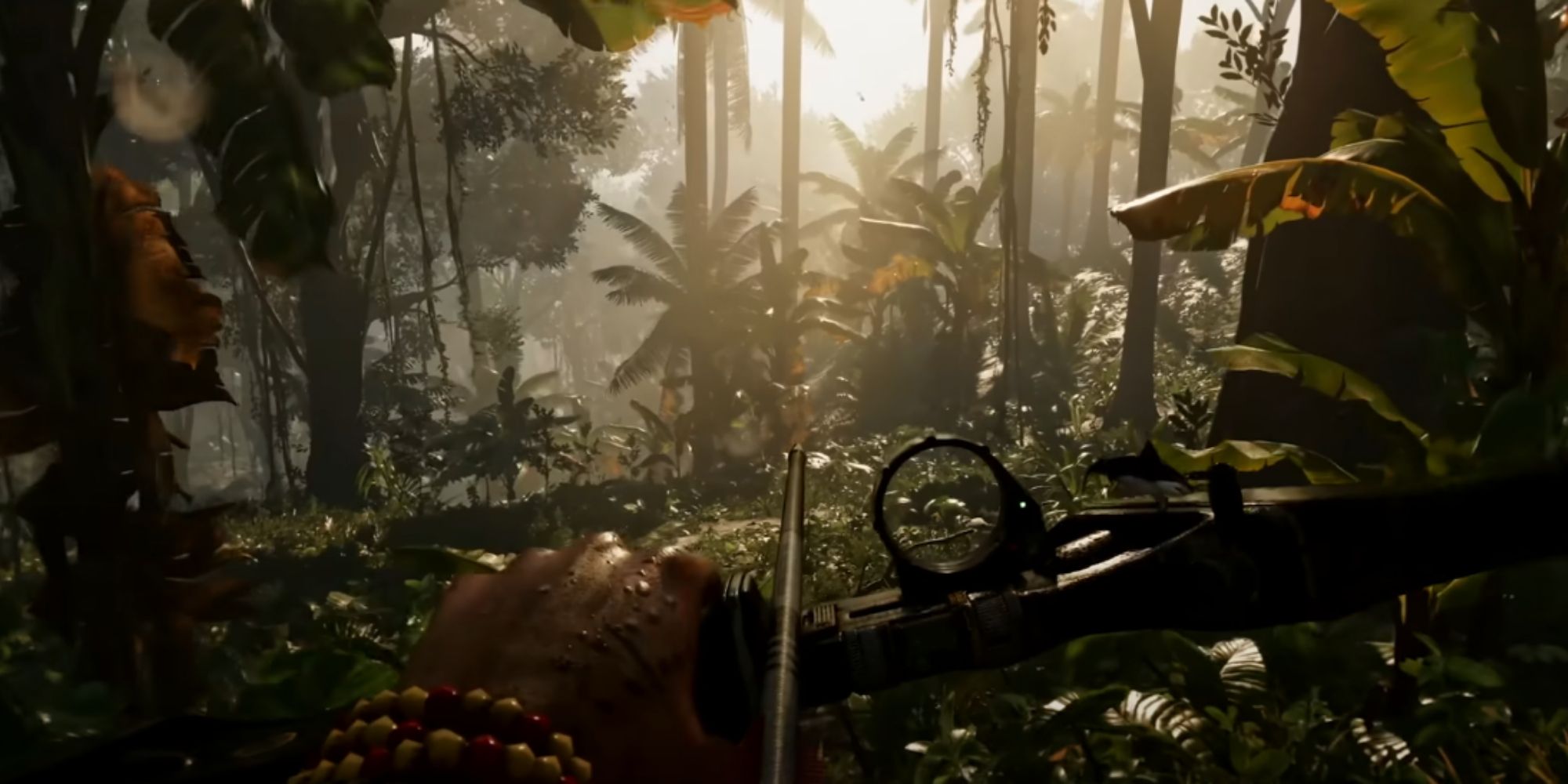
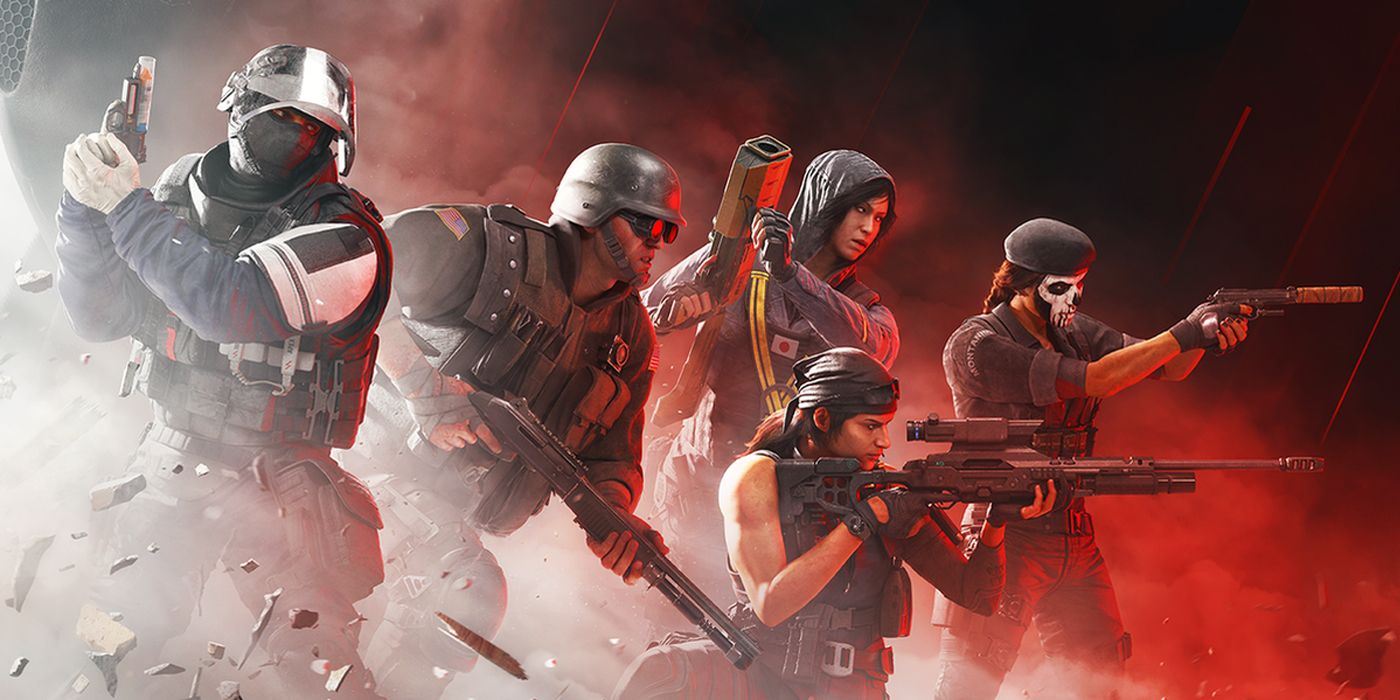



It would appear that the Tom Clancy’s brand has been split, with the likes of Splinter Cell, The Division, and Ghost Recon staying solely under Ubisoft’s purview.
The press release outlines four clear goals for the subsidiary regarding these IPs: improve single-player narrative experiences, create more frequent releases for multiplayer games, create free-to-play options, and integrate social features. I have no issues with the idea of improving the narrative experience of Ubisoft games, but the rest of these stated goals have me a bit uneasy. While creating more frequent releases for multiplayer games could be a good thing, I worry that this could take the form of heavily monetized content. I still haven’t forgotten League of Legends‘ $250 Jinx skin from Tencent-owned Riot Games.
What Ubisoft’s Subsidiary Could Mean For Assassin’s Creed
A Subsidiary Dedicated To Making Assassin’s Creed Games Could Be A Positive For The Series
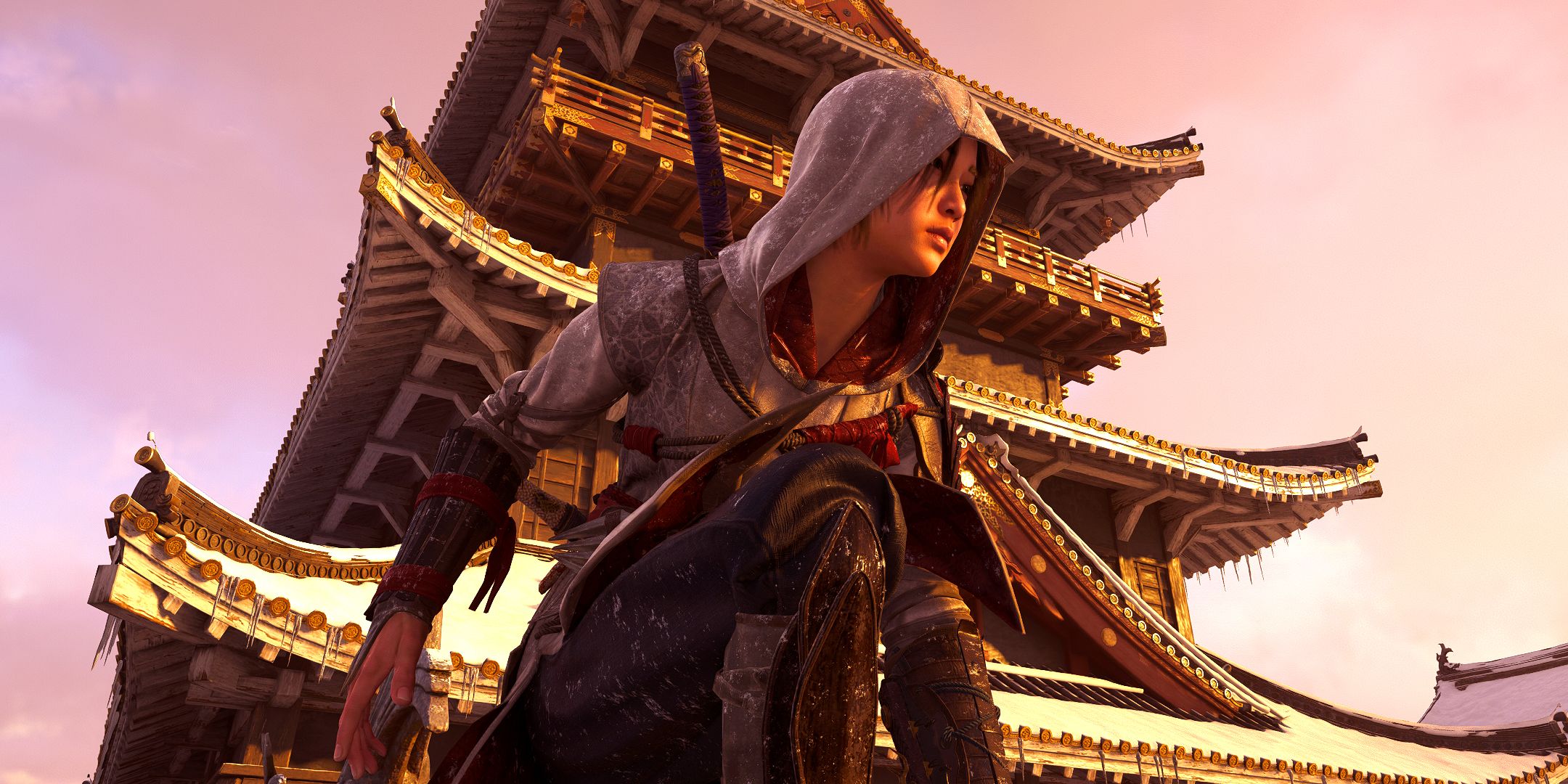
On the one hand, a new subsidiary that is partially dedicated to creating new Assassin’s Creed content could be a good thing for the franchise. Limiting this specific arm of the company’s focus to creating new Assassin’s Creed games could mean some much-needed innovation in the series. This seems like the perfect venue for Ubisoft’s new subsidiary to commit to its stated goal of improving narrative-driven single-player experiences. However, I’m not entirely convinced this will only be a positive thing for the Assassin’s Creed franchise.
Although it may seem cynical to assume monetization is the main thrust behind Tencent investing in Ubisoft’s new subsidiary, companies don’t typically invest billions of dollars without the goal of seeing a return. While I don’t think we’ll see an end to the mainline Assassin’s Creed games in favor of a free-to-play style game, I do think we may see more spin-off titles in the series. A mobile game with microtransactions or a free-to-play multiplayer spin-off seem like potential avenues of increasing the series’ overall income.
Ultimately, I don’t think Ubisoft’s new subsidiary will necessarily be a bad thing for the Assassin’s Creed franchise. I’m not convinced Assassin’s Creed Shadows was enough to single-handedly tackle the company’s reported financial issues, and an influx of new capital could help turn things around for the studio. That said, while I’m cautiously optimistic, I’m not convinced the series will remain completely unscathed by some of the industry’s less-than-ideal monetization practices.





